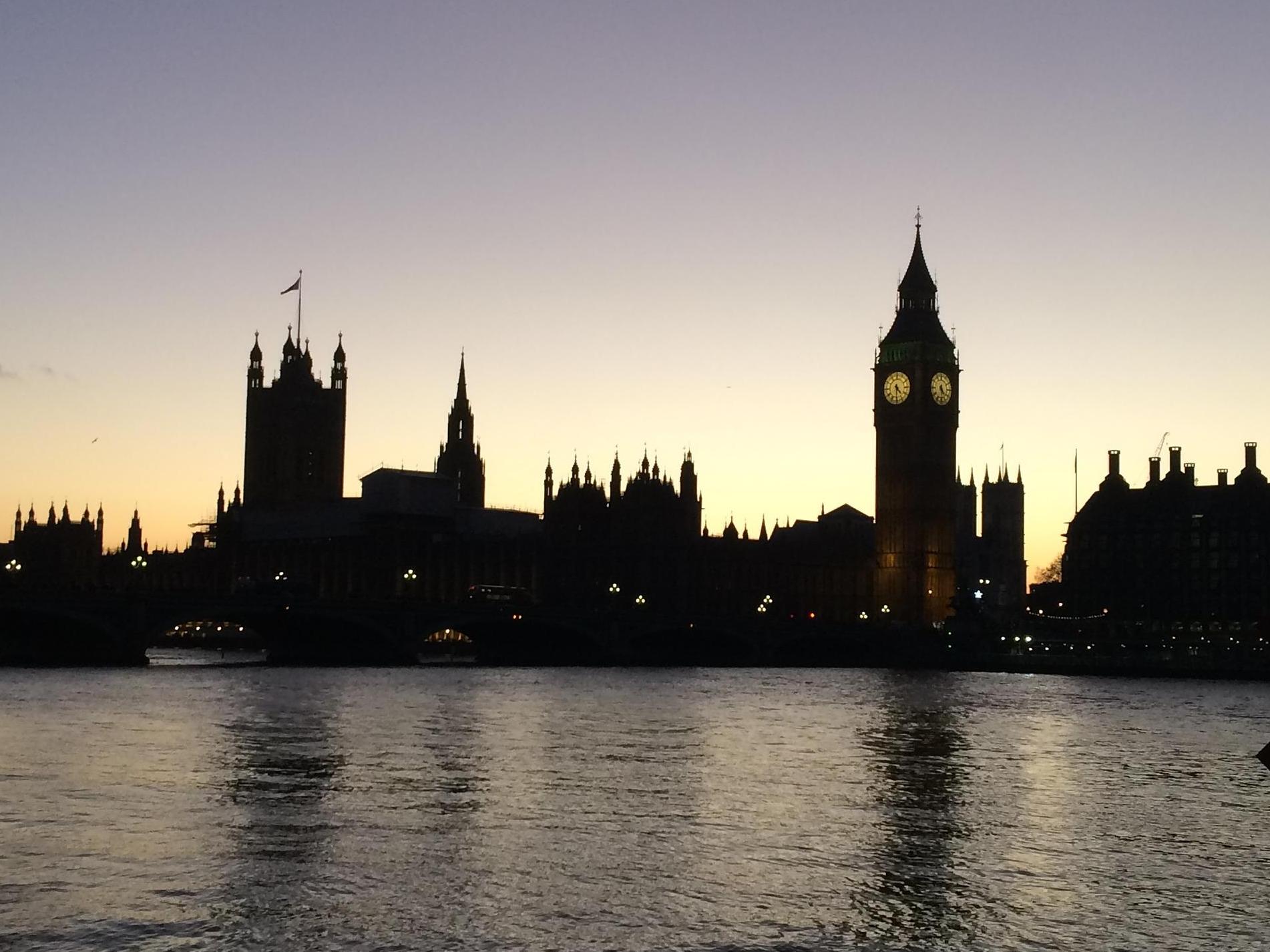
Brian Sims
Editor

Brian Sims
Editor
IN THE seventh instalment of his regular and exclusive series for Security Matters, Richard Jenkins considers how security regime managers and operators alike might actively embrace the proposed Protect Duty requirements that may be asked of them by the Government.

Proposals designed to strengthen specific security postures – and which include a legal requirement for the management teams looking after some designated public spaces to ensure preparedness for, and protection from, terrorist attacks – have taken a significant step forward.
In January, the Government published its response to a public consultation regarding the Protect Duty proposals. This intends to address the current lack of a legislative requirement for organisations or venues to consider or deploy security measures at the majority of public places.
The initial consultation, conducted between February and July last year, prompted responses from 2,755 organisations, campaigners and others such as victims’ groups. The National Security Inspectorate (NSI) was among those contributing comments.
The Protect Duty consultation has provided thought-provoking ideas about a range of potential future protective responsibilities and measures to improve security at places where the public have access. The catalyst for this review was the 2017 Manchester Arena terror attack and the subsequent Martyn’s Law campaign orchestrated by Figen Murray following the tragic death of her son Martyn Hett, one of the 22 victims.
The majority of respondents agree that tougher measures are needed to protect the public from harm. Certification bodies are well placed to adapt their approval schemes to meet any changes in regulation and legislation. In future, the provision of demonstrably competent security services (including security guarding provision) and systems-based responses should play a central role in helping those responsible to achieve these higher standards.
Approved provision
In terms of the next steps, the Government continues to engage with stakeholders in preparing forthcoming legislation. It’s also collaborating with the National Counter-Terrorism Security Office and Pool Reinsurance on developing a new interactive online platform to provide advice, guidance, e-learning and other helpful content, enabling those tasked with ensuring the safety and security of staff and visitors to make use of approved security providers in improving the protective integrity of their sites.
The value of specifying security services from independently certificated providers to adequately protect sporting, entertainment and other event venues including stadiums and arenas, for example, is becoming ever stronger. The introduction of a legal Duty of Care to provide security that combats potential terrorist attacks will require businesses to assess a range of potential threats and implement “proportionate and reasonable measures” designed to improve security across their sites.
It’s important to note here that strengthening protection at publicly accessible locations should not be at the cost of any undue burden on smaller businesses. Proportionality will be key.
Practical measures
Security Industry Authority (SIA)-licensed security officers, provided by companies holding Approved Contractor Scheme (ACS) status, afford solution buyers and end users reassurance regarding aspects including the ‘fit and proper’ nature of their chosen provider and its staff members.
A number of tangible risks related to sub-contracted staff and potentially poor integrity in the labour supply chain have been addressed in a Code of Practice for the provision of labour in the security and events sectors. As of 1 January this year, compliance with this Code of Practice is mandatory for all security companies approved to the NSI Guarding Gold and Silver schemes.
In the interests of all security providers and event organisers – and the public attending venues – the three independent certification bodies operating in the security sector, and appointed by the SIA, have jointly offered the Labour Provision ‘scope of approval’ to all approved companies operating in the sector. Importantly, the Code of Practice is under consideration by the British Standards Institution as a new industry standard and it’s hoped that this will progress during 2022.
Approved security companies and operations play a vital role in helping those tasked with public space protection to discharge their legal responsibilities (including those related to Health and Safety) and other requirements, among them police response to intruder alarms and related insurance stipulations.
Extending existing – or otherwise introducing new – approvals pertinent to the sector for delivery by specialist certification bodies familiar with the industry is an option that’s readily available. The infrastructure’s in place and both delivery and capability can be readily ramped up.
Ultimately, third party certification can offer valuable oversight of site-specific risk assessment and protective measures put in place across the spectrum of security disciplines.
Richard Jenkins is Chief Executive of the National Security Inspectorate (www.nsi.org.uk)
Dorset House
64 High Street
East Grinstead
RH19 3DE
UNITED KINGDOM
01342 31 4300